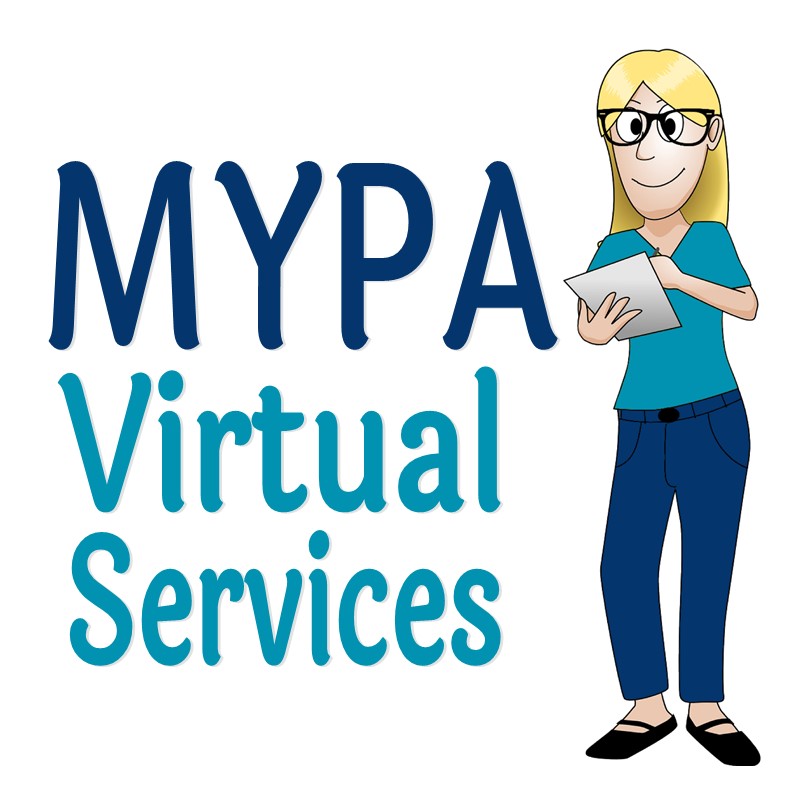
The theory on One in a small business
The theory on One in a small business
When you start a small business, you will often hear the phrase Cash is King but does this still ring true now that we are moving towards a cashless society? The quick answer, of course, would be yes. We should change the phrase from Cash is King to Know your numbers. It would be a much better phrase and affect every small business area. Cash is king only looks at your business’s money, needs, or wants. Check out our next post entitled ‘Follow The Money.’
So what do we mean by numbers?
The most obvious one would be how much money you have in the bank. Do you have enough money to pay your bills, staff, and taxes? Then do you have enough money to invest back into your business, market your products and finally, if you are the business owner, enough money to pay you some dividends? Knowing the cash figure in the bank is vital for these functions.
There are other numbers that you need to know. One of my favourite numbers is number one. It’s not a number I used to think about in any significant way until a business coach mentioned the figure in passing. Their reference was about being the only person in the business and what would you do if you became sick, went on holiday or needed to have an extended period of absence. Are there processes in place to cover your absence?
Small Businesses and one bank
The number of one then grows to be a much more significant number for a small business. Banking is a perfect example of the number of one, where it might have a deficit influence on your business. Most companies would approach a bank if your business was expanding, and you wanted a loan or overdraft facility. If you only bank with one banking institution, your company’s financial history is only known by them. If this institution had restrictive rules on business loans or overdrafts, this could become an issue. Effectively, you only have one institution to ask. I am not saying that you won’t get a loan or overdraft, but it could reduce your opportunities. It is advisable to take out two different bank accounts with other banks. One for your everyday business activities and one to squirrel away your staff wages, tax liabilities and potential dividend payments. (Banks are not the only institutions that loan money to small businesses, there are specialist institutions that only loan to other businesses).
Employing one staff member
Staff numbers can also become an issue with the number of one. It’s great when our small business employs staff. It is a sign that the business is growing; you are good at what you do, and your customers value your service. Hiring your first staff member changes your company staff from the magic number 1 to 2. But only having one member of staff also means that a member of staff has much power in your business. Often a first employee means the owner takes a bit of a cut in their salary to employ the member of staff and their take-home pay is less than the employees. What do you do when the staff member is on holiday, sick, or is a lousy employee? Upsets your clients, and you spend more time redoing or talking to your clients because of the employee. If possible, think about taking on two members of staff or maybe two part-timers. Of course, taking on staff will have a financial burden, such as employers’ tax liabilities, additional equipment and licences, and training. You could, however, sub-contract but ensure you have a tight Non-disclosure agreement and contract with the sub-contractor.
One Client in a Small Business

Client retention can become an issue when discussing number one. The trouble with having only one client or one client that brings in most of your sales. You may have an excellent relationship currently with your client, but what would happen if that client moved away? A client stopping your services can be for many reasons; you have a falling out, they can find your services cheaper or are taking the work ‘in house’. Losing a significant client that brings in most of your finances can be catastrophic for a small business. Spread your client base out and try not to rely on one company for your financial success.
One Marketing Strategy for a Small Business
Having only one marketing strategy can also be very limiting. Are you reaching your target audience, where are they, and what do they think of your services? If your small business relies on Facebook ads and posts, will your customers see them? Is that where they go to find business contact and services? If you solely rely on printing in a magazine, how often does the magazine come out? Are you a member of a networking group? Do you network with other small businesses? Limiting your marketing to a one stream strategy is a dangerous and potentially restrictive plan.
The number one can be dangerous if relied on for too long. However, it is also an exciting number and one that a small business should give as much respect to as possible. The advantage of one means that you have tremendous flexibility. We have seen how important flexibility can be in the past two years. Many small businesses had the foresight to adapt their services easier, quicker and more cost-effectively than their counterparts.
In conclusion one in a small business
Knowing your number one limits, advantages, and disadvantages puts you in a much better position to ensure the success of your small business.






